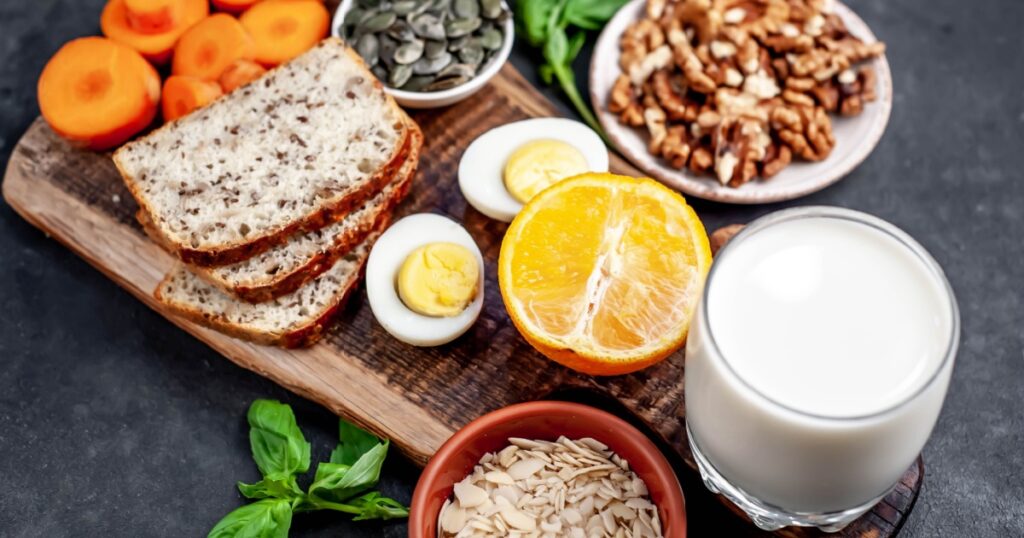A healthy and balanced diet offers many benefits. But when the body lacks essential nutrients, it may show warning signs. Recognizing these signs early can help adjust your diet to stay healthy.
1. Brittle Hair and Nails
Weak or splitting hair and nails may signal a lack of biotin (Vitamin B7). Biotin helps convert food into energy, and while deficiencies are rare, they can happen. Other symptoms include fatigue, muscle pain, and tingling in the hands and feet.
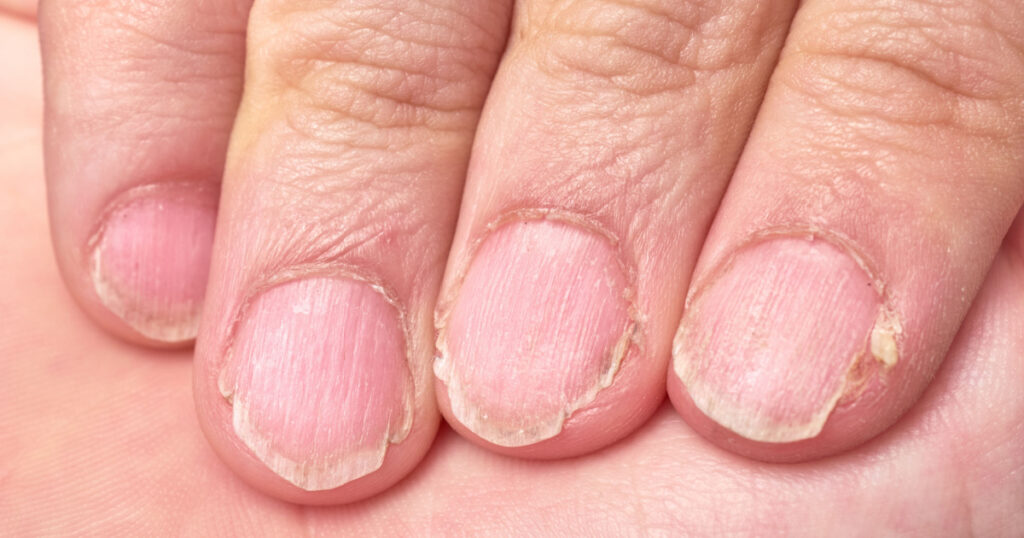
What Else?
Biotin deficiency is more likely in pregnant women, smokers, and people with digestive disorders. Long-term antibiotic use and eating raw egg whites can also reduce biotin levels. Good sources of biotin include eggs, fish, meat, dairy, nuts, seeds, and vegetables like spinach and sweet potatoes.

2. Mouth Ulcers or Cracked Corners
Painful sores in the mouth or cracks at the corners may indicate low levels of iron or B vitamins. Some studies suggest that people with frequent mouth ulcers are more likely to have an iron deficiency.

What Else?
Cracks in the mouth corners may also result from dehydration or excess salivation. Foods rich in iron include poultry, meat, fish, and leafy greens. For B vitamins, add whole grains, dairy, eggs, and nuts to your meals.
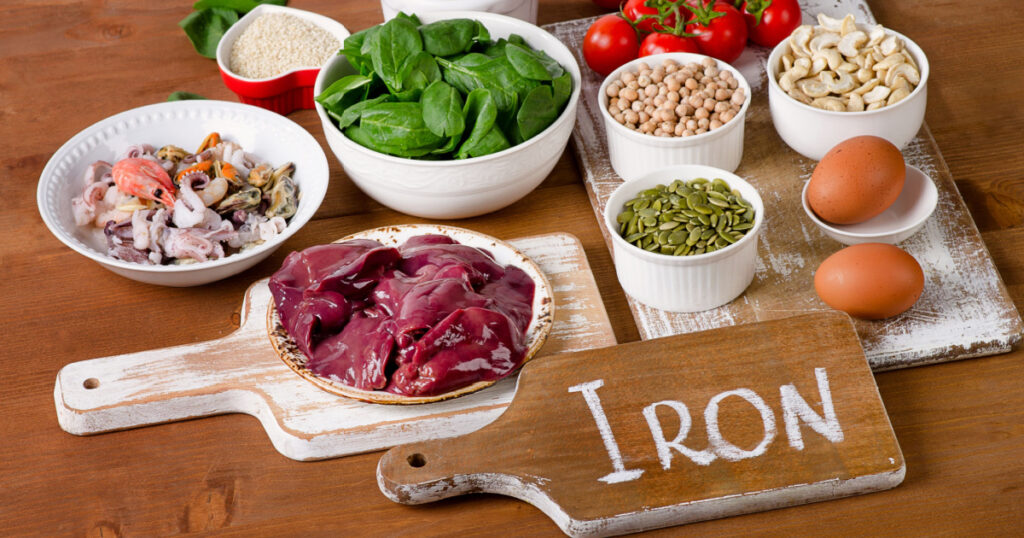
3. Bleeding Gums
Brushing too hard isn’t always the cause of bleeding gums. A lack of vitamin C can weaken the gums and affect wound healing.
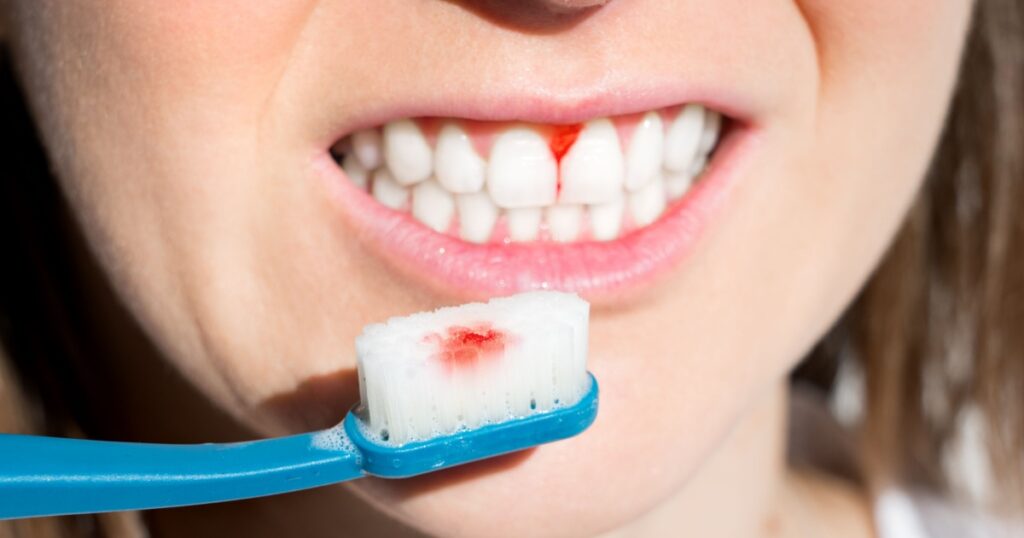
What Else?
Vitamin C deficiencies are uncommon but can lead to scurvy in extreme cases. Eating more fruits and vegetables daily can prevent this issue.

4. Poor Night Vision and Eye Spots
Struggling to see in low light might be due to a vitamin A deficiency. This vitamin helps produce rhodopsin, a pigment needed for night vision.

5. Dandruff and Scaly Skin
Persistent dandruff or flaky skin may be linked to low levels of zinc and B vitamins. Foods like whole grains, poultry, fish, and dairy can help.
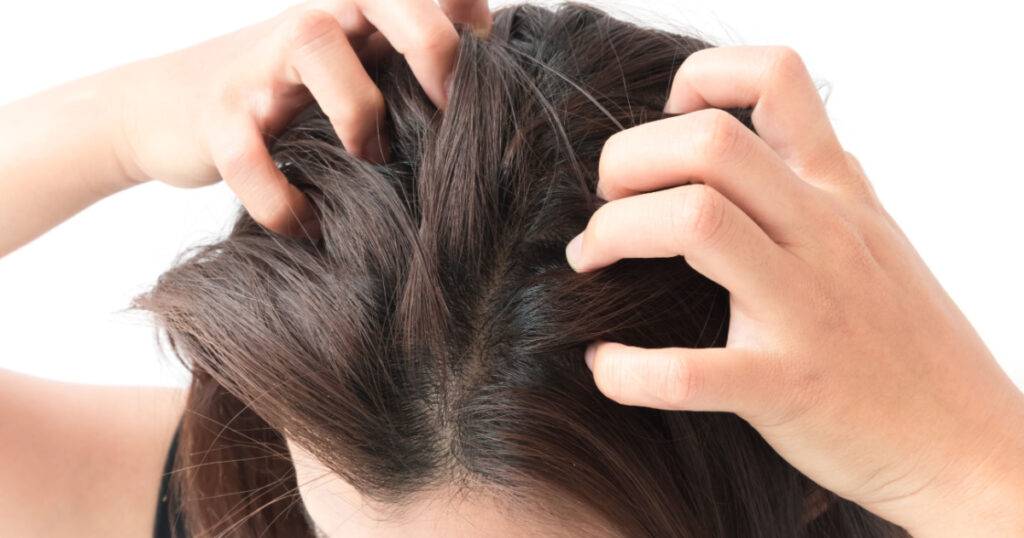
6. Hair Loss
Nutrient deficiencies, especially iron, zinc, and biotin, can contribute to hair thinning. Eating more protein-rich foods may help slow hair loss.

7. Bumpy Skin
Small bumps on the skin, known as keratosis pilaris, may be related to low vitamin A and C levels. Eating more leafy greens and colorful fruits can help.

8. Restless Legs
A frequent urge to move your legs, especially at night, could be due to low iron levels. Iron-rich foods combined with vitamin C can improve absorption.

Final Thoughts
Eating a variety of nutrient-rich foods can help prevent these symptoms. If symptoms persist, consider adjusting your diet or consulting a healthcare professional.
